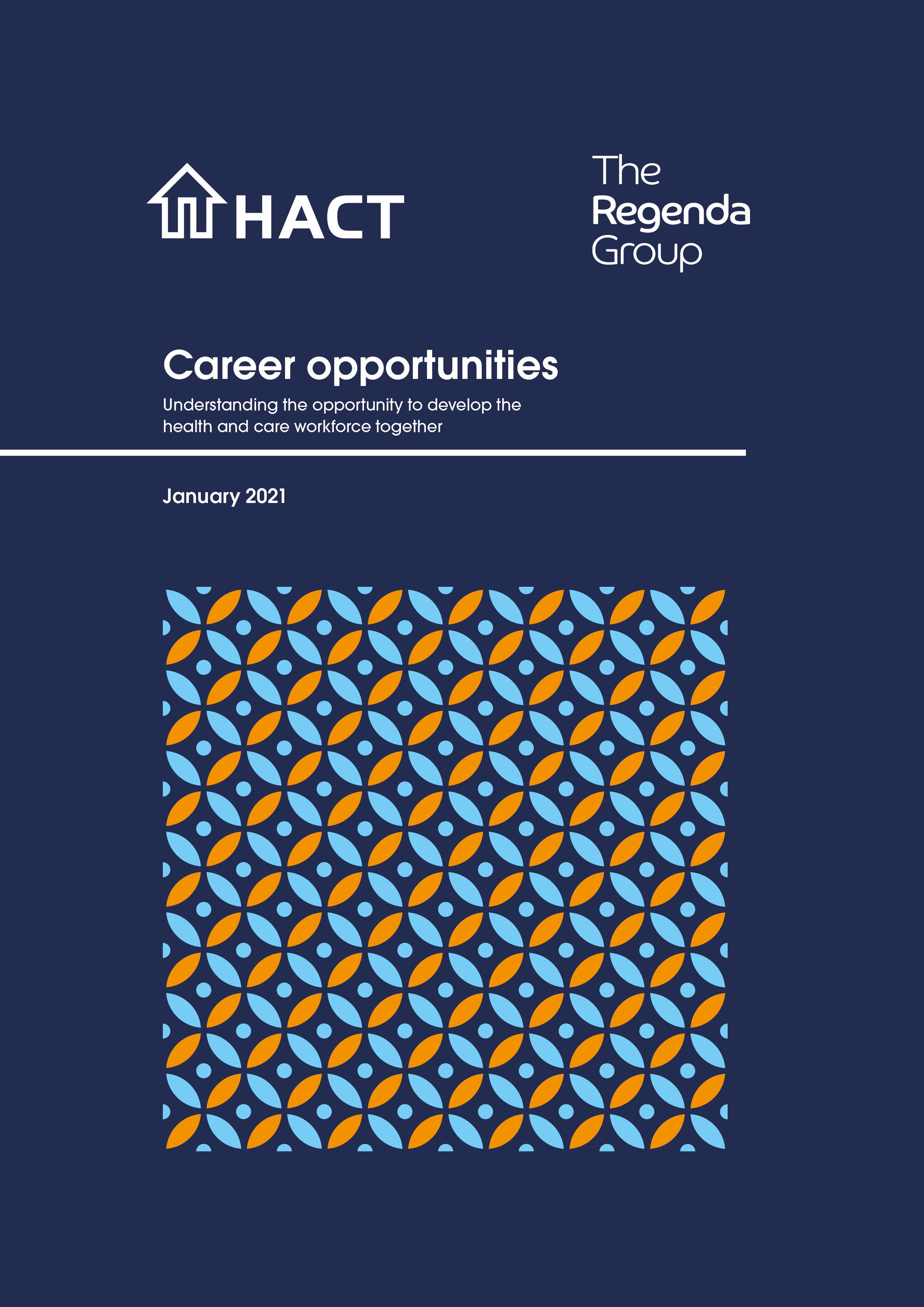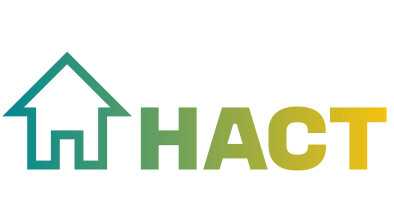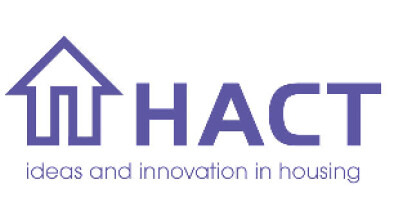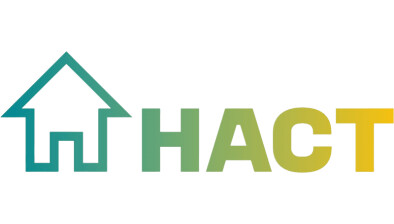White Paper identifies career opportunities at housing associations

Opportunities for housing associations to provide routes out of unemployment and under-employment for their residents and local people have been identified in a new White Paper.
Published today by HACT, supported by Regenda, the White Paper identifies the critical role that housing associations play in local communities. From March-October 2020, they made over two million welfare calls, provided over half a million residents with advice and guidance, and over 350,000 food interventions. They have well established employment support services aimed at both unemployed as well as under-employed residents. They are also well connected within local communities.
“Prior to Covid-19, there were over 200,000 job vacancies in health and care organisations,” Andrew van Doorn, chief executive of HACT, noted. “Filling these vacancies, as well as those created as a result of the impact of Covid-19 on existing members of staff, is a huge challenge. Housing associations are ideally placed to engage with health and care organisations to understand their needs, so that their employment programmes can be co-designed and adapted accordingly.”
Stephanie Harrison, executive director - operations and customer service, Regenda, said: “The NHS was set up in 1948 with a common purpose and now we have a common purpose to use our workforce recruitment to address health issues and inequalities in communities. This is a great opportunity for housing associations to do something practical to support our communities and our organisations, demonstrating their value as local anchor institutions. There is considerable opportunity for us to build longer-term collaboration through shared workforce development, that enhances leadership across systems and taps into all the resources and talents in our organisations and our communities.”
“As the NHS develops a more place-based approach, there is a growing awareness that anchor institutions help local places meet their potential and reduce entrenched inequalities,“ Andrew van Doorn added. “As anchor institutions, housing associations are well placed to work with local health and care organisations to co-develop workforce strategies with the explicit intention of supporting local recruitment and developing the current and future health and social care workforce.”
The White Paper was launched at a webinar convened by HACT and the Northern Housing Consortium that discussed the opportunity for housing to develop the health and care workforce together.
Speakers at the webinar included:
- Michael Wood, Head of Health Economic Partnerships, NHS Confederation
- Stephanie Harrison, Executive Director Operations – Customer Services, Regenda Homes
- Peter Molyneux, Chair, Sussex Partnership NHS Foundation Trust
- Dave Sweeney, Executive Director of Partnerships, Cheshire and Merseyside Health and Care Partnership
- Kate Shone, Managing Director, Torus Foundation and Chair of Communities that Work







